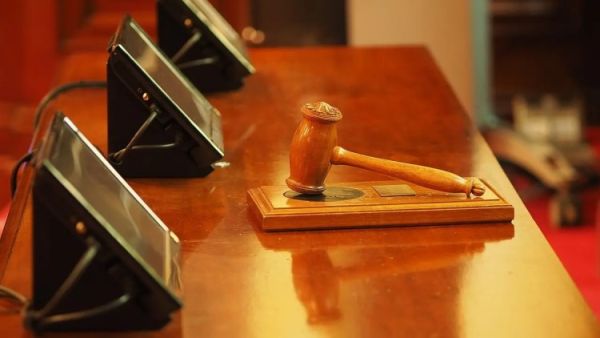
The Indian Constitution grants every individual the freedom to practice and propagate their religion, but it opposes coerced or fraudulent conversions, according to the Allahabad High Court.

The comment was made by Justice Vinod Diwaker after he denied a request to dismiss a formal complaint against four defendants under the Uttar Pradesh Prohibition of Unlawful Religious Conversion Act, 2021.
The accusation claims that the defendants exploited free medical treatment and financial incentives in an attempt to convert others to Christianity.
Because the accusations were substantial and legitimate enough for a police investigation, the court declined to dismiss the case.
The court noted in its ruling that Article 25 of the Indian Constitution protects the right to freedom of religion. Subject to public order, morality, and health, this article grants everyone the basic right to freely proclaim, practice, and spread their faith. The phrase ‘freely’ in Article 25 emphasizes how religious belief and expression are choice.
“However, the Constitution does not endorse forced or fraudulent conversions, nor does it shield coercive or deceptive practices under the guise of religious propagation,” it said.
The court argued that these restrictions are necessary to prevent the practice of religion freedom from upsetting the social order or jeopardizing the welfare of both individuals and the community.
“It is obvious that the idea that one religion is fundamentally better than another assumes that one religion is better in terms of morality and spirituality. Secularism and such a concept are essentially incompatible. The idea of equal respect for all faiths is the foundation of Indian secularism. According to the verdict, the state must maintain a principled equidistance from all religions and faiths rather than identify with or favor any one of them.
Regarding the Uttar Pradesh government’s 2021 Act that forbids illegal religious conversion, the court said that it was passed in accordance with Article 25 of the Constitution to preserve public health, moral integrity, and order.
“The Act’s main goal is to outlaw religious conversions that are accomplished via deception, compulsion, undue influence, force, allurement, fraudulent methods, or marriage for the express purpose of illegal conversion. By focusing on these tactics, the legislation aims to stop exploitation and manipulation that, in addition to upsetting law and order, may have more widespread destabilizing consequences on societal cohesion, the judgment said.
The legal question of whether a police officer qualifies as a “aggrieved person” under Section 4 of the 2021 Act was also examined in the May 7 ruling. Usually, only the victim or close family members are permitted to bring a complaint under this clause. The court said that as the legislation must be read in conjunction with the Bharatiya Nagarik Suraksha Sanhita provisions that permit the police to intervene in cases of cognizable offenses, the station house officer is authorized to submit such FIRs.